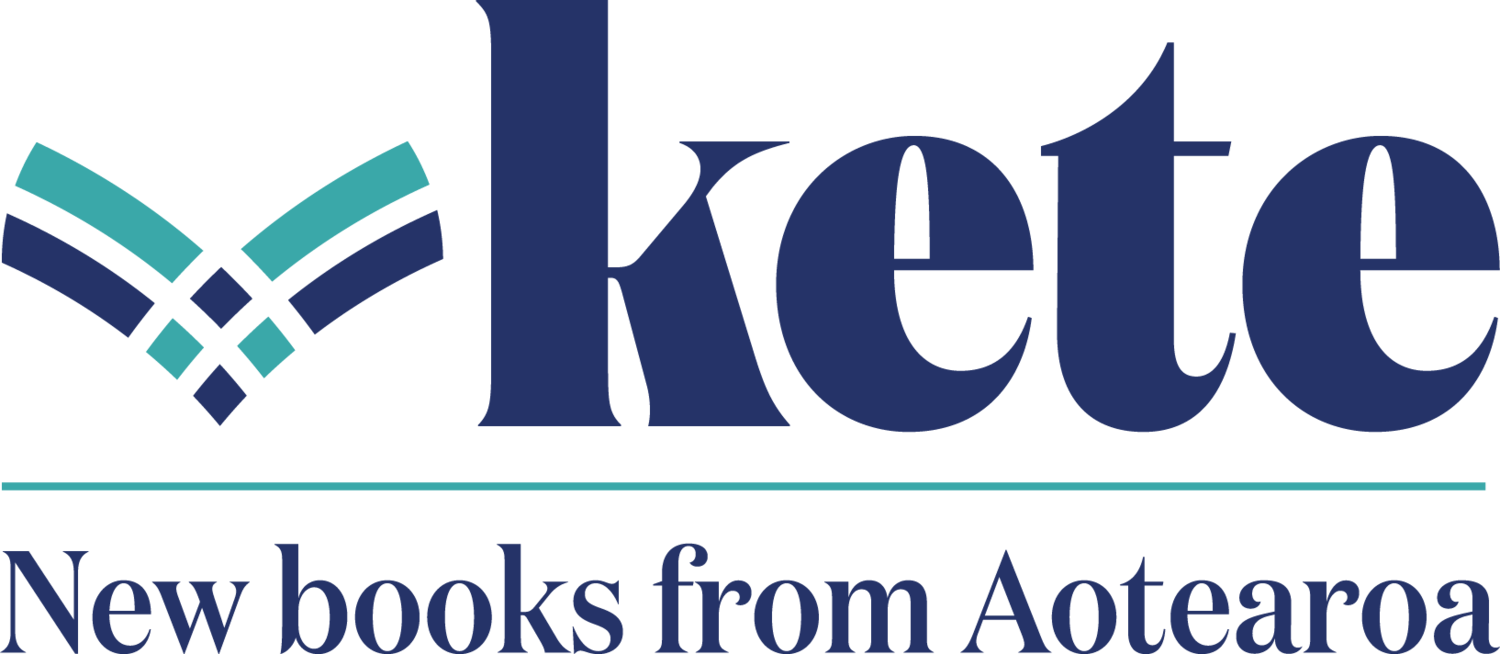Review — Otherhood, edited by Alie Benge, Lil O’Brien and Kathryn van Beek
Reviewed by Jackie Lee Morrison
Editors:
Alie Benge, Lil O’Brien, Kathryn van Beek
Publisher:
Massey University Press
ISBN:
9781991016744
Date published:
9 May 2024
Pages:
308
Format:
Paperback
RRP:
$39.99
All books bought via this link help us to review more books from Aotearoa — thank you for supporting local books and authors
Unmarried, childless women are dangerous. At least that’s what society would have you believe (and when I say society, know that I mean the patriarchy), and that can be a very confronting thing when the people asking about your absent children are your close friends, your immediate family, your co-workers, and even — occasionally, and entirely unbidden — complete strangers. But in Aotearoa, as of 2023, our population birth rate was 1.56 births per woman. Compared to the global population replacement birth rate of 2.1 babies per woman (Lancet Medical Journal, March 2024), this would suggest that a number of families in our country are childless. So, why are we so obsessed with the childbirth and child-rearing capabilities of others?
In Otherhood, editors Alie Benge, Lil O’Brien, and Kathryn Van Beek have dug into this topic, and the contributing writers in the anthology are a who’s-who compendium of New Zealand well-knowns. Hinemoana Baker, Helen Rickerby, Jackie Clark, Shaneel Lal, Sam Orchard, and Paula Morris are just some of the 36 contributors who have written honest, heartbreaking — and at times — hilarious essays centred around what “otherhood” means to them.
For some, it’s about the choice to be child-free. In the incredibly titled essay ‘More schlongs, more cats’, Romantasy author Steff Green contemplates a “happily ever after” which doesn’t involve a husband and plethora of babies (and, indeed, more schlongs and more cats), both in her own life and the lives of the characters she writes. Co-editor Alie Benge’s ‘DINKs on a plane’ contemplates how her choice is often labelled as “selfish” — a theme that many of the pieces in the anthology share. But is it selfishness to know what you want?
For others, such as Andi C. Buchanan in their essay ‘No cars, no kids’, they juggle the forbidden parenthood trifecta: non-binary, queer, and disabled. Their reasons are practical. If they can’t drive, what else can they not do for their hypothetical child? Henrietta Bollinger also ponders identity in relation to potential parenthood in ‘Possible names for myself’. “When my sense of independence is challenged it can feel like not only this moment but possible futures, too, are slipping out of my reach,” they write.
In ‘Kingfisher’, Hinemoana Baker details the years (and hundreds of dollars) spent trying to conceive, writing that is intelligent and tender. Co-editor Kathryn Van Beek’s essay ‘I am not on a beach’ weaves the true story of her fertility struggles with imagined scenarios with her lost children. The anthology contains so many stories of those who have spent thousands of dollars and years on failed fertility treatments, turkey basters, and all. While it’s heartbreaking for any couple, the stories from queer couples battle not only their bodies but the health system’s approval of their “suitability” for parenthood. In all these stories of failed conception, there is so much blood.
Then there are the essays like Iona Winter’s ‘Stranded on a shore I never wanted to visit’ which talks beautifully and painfully about the loss of her 26-year-old son, including raw diary entries from the months after his passing. “Can I still call myself a mother?” asks Winter, because this, too, is otherhood. It’s a question repeated by Linda Collins in ‘Departure from the motherland’.
In their introduction, the editors explain that their aim when putting together the anthology was to be able to contribute to a “more inclusive conversation”. And they’ve succeeded — in addition to all the above, there are stories of being child adjacent through foster parenting or found family or secondary infertility or being an egg donor, and more. There are stories from those who identify as cis, hetero, queer, and trans; stories from different cultural contexts; stories from rural to urban, and those who travel somewhere between. This is a book that will resonate with everyone who has found themselves excluded from the traditional conversations around childbearing.
Full disclosure: I did back this anthology because I have my own story of otherhood, one I was still coming to terms with when the call for submissions went out, but I also backed it because these conversations are important.
Otherhood covers so many experiences, beautiful and tragic and funny and compelling, not all easy to read. It not only deserves a spot on your bookshelf but also on your person, so that the next time someone asks you about children, you can simply hand them this collection.
Reviewed by Jackie Lee Morrison
Jackie Lee Morrison is a writer and editor based in Wellington. When not reading or writing, you'll find her petting all the dogs and eating all the noods. www.jackieleemorrison.com


